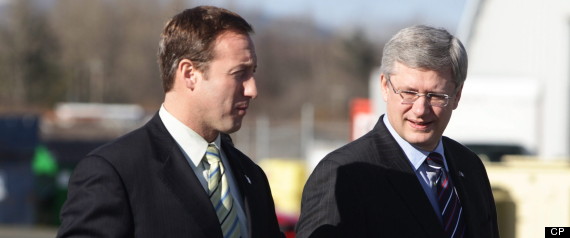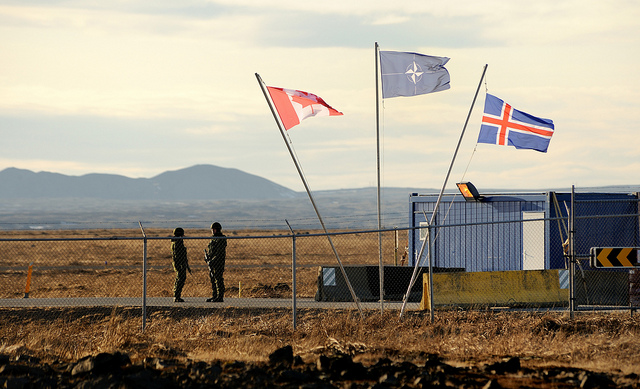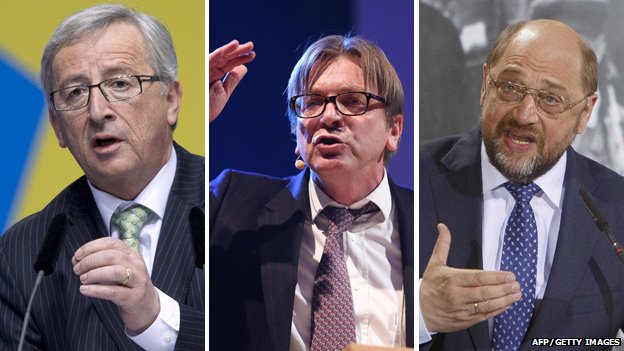On August 6, 2013, the Canadian Press published an article outlining that the Harper government knew that Canadian aerospace firms would lose millions of dollars in the decision to withdraw from two NATO surveillance programs.
The fact sheet below will outline the most important details regarding the decision:
- The Harper government’s decision to withdraw from Airborne Warning and Control System (AWACS) and Alliance Ground Surveillance (AGS) programs will cost Canadian aerospace industry contracts.
- The Department of National Defence (DND) was hoping to save up to $90 million per year
- AWACS and AGS are jointly operated programs for the purpose of monitoring battlefield
- participation in these programs yielded tens of millions of dollars worth of work annually for a number of high-tech Canadian companies
- these companies will be shut down, their contracts canceled
- the notice of withdrawal from these programs was signed by Harper and sent to NATO General Secretary Rasmussen in 2011
-Canada’s representative to NATO, Vice-Admiral Bob Davidson, rationalized the decision in stating that it made strategic sense because Canada was looking to develop its own systems (esp. drones) - since 2010, aerospace industry has made nearly $12.9 million annually
- Canadian contribution to AWACS program has been substantial
-Canada has been part of the project for over 25 years
-the AWACS program played key role in Libyan intervention
-Operations Wing transformed a system of early warning and surveillance
- Canadian Forces contingent assigned to AWACS constitutes the last major Canadian military presence in Europe
- Its withdrawal conforms to Mr. Harper’s goal of scaling back Canada’s international presence and adjusting to new geopolitical realities of the twenty-first century
[captionpix align=”left” theme=”elegant” width=”320″ imgsrc=”http://www.cbc.ca/gfx/images/news/topstories/2010/11/19/tp-harper-nato.jpg” captiontext=”NATO General Secretary Anders Fogh Rasmussen and Canadian Prime Minister Stephen Harper.”]
Canada in NATO: A Retrospective
The history of Canadian engagement in NATO can be traced back to the organization’s inception in 1949. As a original signatory of the treaty, Canada has played a crucial role in the Alliance in ensuring transatlantic defence and preserving peace in Europe. The fear of the Soviet juggernaut, and the threat it presented to Western Europe came to define the purpose of NATO. It was under Prime Minister Trudeau that the decision of 1969 was taken to reduce Canada’s contribution to NATO forces in Europe by half. This decision can be seen as a significant reorientation of Canada’s foreign policy, in that it marked a shift away from power defined in conventional military terms to power channeled through diplomacy and trade.
Harper’s Canada and the World
While Canada has continued to play an important role in the War on Terror under the Harper’s government, many decisions have been taken that have contracted the scope of Canada’s involvement in international affairs. For instance, in December of 2011, Canada took the controversial step in abandoning the Kyoto Protocol, a decision that was interpreted as a diminution of Canada’s voice on the important issue of global warning. Canada’s contraction in the realm of global affairs has also come as a result of dramatic budget cuts from the global financial crisis.
An official government statement outlined, “In difficult economic times, this government believes in making tough, action-oriented decisions that are more essential to NATO member-states’ security than any other initiative.” With a full withdrawal of NATO forces set for 2014, both Canada and the Alliance will have to redefine their roles to match the present demands of the twenty-first century international system.




